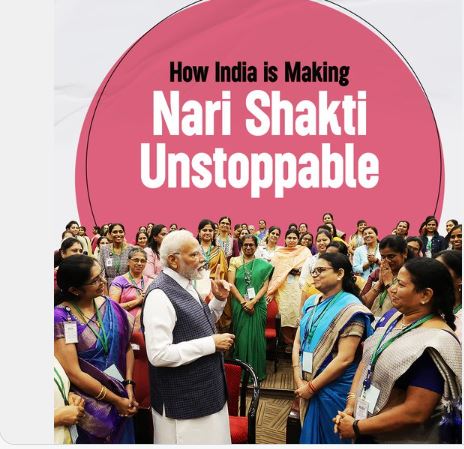Kashmir watching relevance of the Indian leadership on Afghanistan as NSA hosted moot tart in Delhi
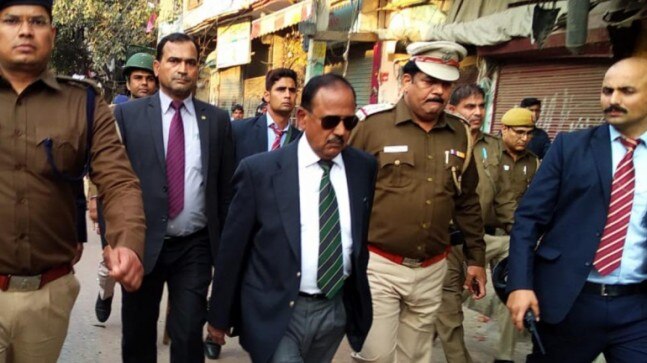
By Arun Joshi Kashmir’s eyes are fixed at Delhi Security Dialogue on Afghanistan hosted by the Indian National Security Adviser Ajit Doval, which went underway in New Delhi on Wednesday to assess the situation in the war-ravaged country which has posed new challenges to the region after Taliban take over in August. They are watching the deliberations and the outcome to determine that how far India can go to play its role in the region, and it would also be of greater interest that how India prevails over the situation in the region where Pakistan has cast its spell on Afghanistan, especially after the foreign troops had started leaving Afghanistan and fall of Kabul to Taliban on August 15. This is not an India- Pakistan contest over Afghanistan, as some of the Kashmiris are seeking to conclude, but an effort by India how peace can be brought about with the regional cooperation in the country that not only needs international attention for the strategic reasons but also global help to come out of the extremely difficult humanitarian crisis. The crisis is worsening with the onset of winter. There are primarily two reasons for Kashmir to watch the deliberations and the outcome of this meet, which is being attended by the NSAs of five central Asian countries- Uzbekistan, Tajikistan, Kyrgyzstan, Kazakhstan, and Turkmenistan as also Iran and Russia. One, this is a test of the leadership of India in the region, where Pakistan and China are trying to erode its position. This is what the radical population in Kashmir riveted toward Afghanistan-Pakistan is looking for? Secondly, there is interest in the outcome as Pakistan and China have stayed away from the meeting that aims at finding a regional solution to the problem within the region. It is also reflecting on the situation within Afghanistan, which is gripped by several crises, including a deep sense of deprivation among the masses, who are not pleased with the Taliban takeover of the country with the help of Pakistan. Though there are plenty of questions about the timing about the meet- three months after the Taliban take over in mid-August and also as to what role India can play in Afghanistan at this stage and how? These questions overlook the history of India-Afghanistan relations- people to people contact that dates back to history centuries before Pakistan came into being in 1947. India is also one of the countries that has invested heavily in the infrastructural and human development in Afghanistan. Therefore, there are moral, political and strategic imperatives for India to host such a meet and seek convergence of views of other countries in the region to devise a pragmatic strategy to reach out to the people of Afghanistan, and also to determine that how much support the current government in Afghanistan has with its people. The success of India would mean a strategic defeat for Pakistan, which lives in world of its own making that it alone has the right to talk and discuss about Afghanistan. Pakistan’s reasoning is, that it has more than 2600 km- long border with Afghanistan, it has hosted millions of Afghan refugees in the past 40 years and how it facilitated the talks between the US and Taliban in Doha, but it clearly steps aside from the fact that Taliban is its creation and the August 15, 2021, outcome in favour of Taliban was due to the military support. China, an all-weather friend of Pakistan, has stayed away because it, like Pakistan, doesn’t want to be part of any India-led effort to stabilize Afghanistan. Beijing’s over-reliance on Pakistan for doing all its dirty work in Afghanistan, capturing the mineral wealth and sustaining a government that obliges it is more important than sharing the ideas or becoming partner in the regional peace. This is also reflection of its inward strategy where the outer world is deemed as a threat. The Indian interest in stablising the situation in Afghanistan goes far beyond the technical details about the country. It has invested in infrastructure, human development institutions and is willing to resume trade with Kabul but not before the government there establishes its friendly intentions and actions toward India. At the time when Taliban was moving in rapid speed ahead of its takeover of Afghanistan, of course, with the military support of Pakistan. Islamabad- Rawalpindi had supplied the military hardware and jihadis to Taliban to strengthen the militia group to enable it to achieve it capture of Afghanistan, Kashmir was agog with the rumours that Taliban would assist the Jihadis operating in Kashmir. There was no physical evidence of the physical presence of the Taliban cadre making it to Kashmir, but nevertheless it gave militants and their supporters morale boost. The psychological impact was huge: the Taliban takeover of Afghanistan was seen as a defeat of America, the superpower. The nuances were clear. The Kashmiri leaders Farooq Abdullah and Mehbooba Mufti who had sought to interpret Taliban’s takeover as victory of the militia group and advised Delhi to learn lessons from what happened in Afghanistan also went into silent mode – either they were advised to do so or they were afraid that their continuous talk of Taliban could backfire for that was a clear invitation to militants to go in for offensive. About the Author: Arun Joshi is a senior journalist based in J&K. He has worked with Hindustan Times, Times of India, Indian Express, and The Tribune. He has authored “ Eyewitness Kashmir: Teetering on Nuclear War” and three other books. DISCLAIMER This is the personal opinion of the author. The views expressed in this write up have nothing to do with it.
Latest News
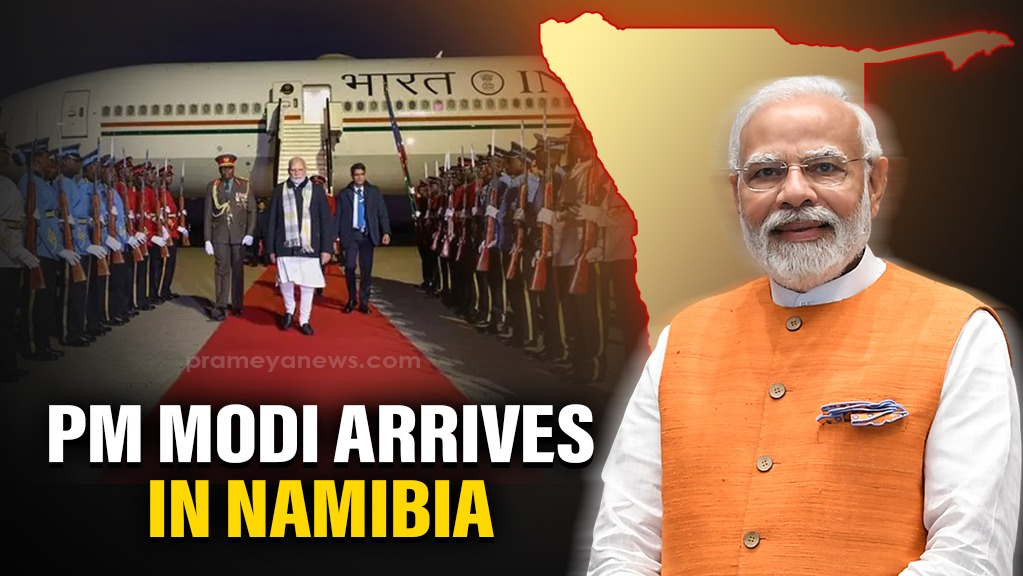
PM Modi in Namibia: Bilateral Talks and Parlia...
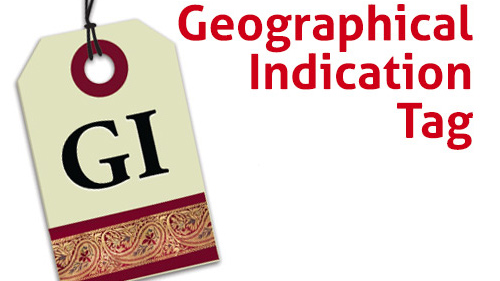
The GI Tag trail: Odisha’s untapped treasures

“I Just Coloured My Beard”—Kohli Breaks Silenc...
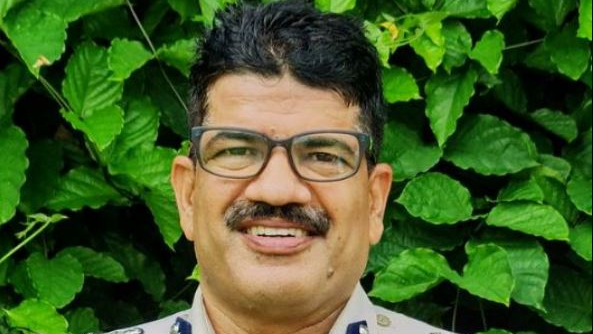
Odisha govt effects major IPS reshuffle, Sanje...
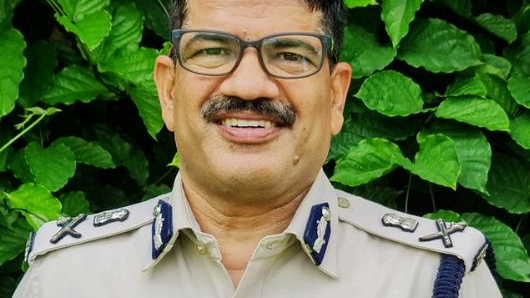
Odisha: IPS Sanjeeb Panda appointed as ADG, An...
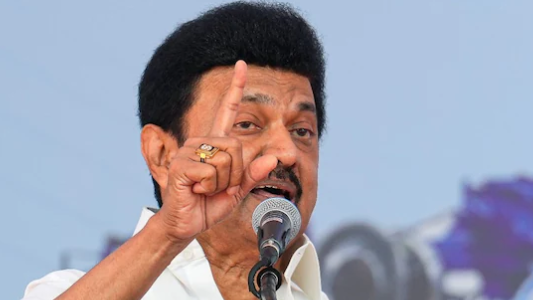
‘Don’t Follow Godse’—Stalin Urges Tamil Nadu S...

Google Launches AI Mode in Search Across India...
Copyright © 2024 - Summa Real Media Private Limited. All Rights Reserved.












